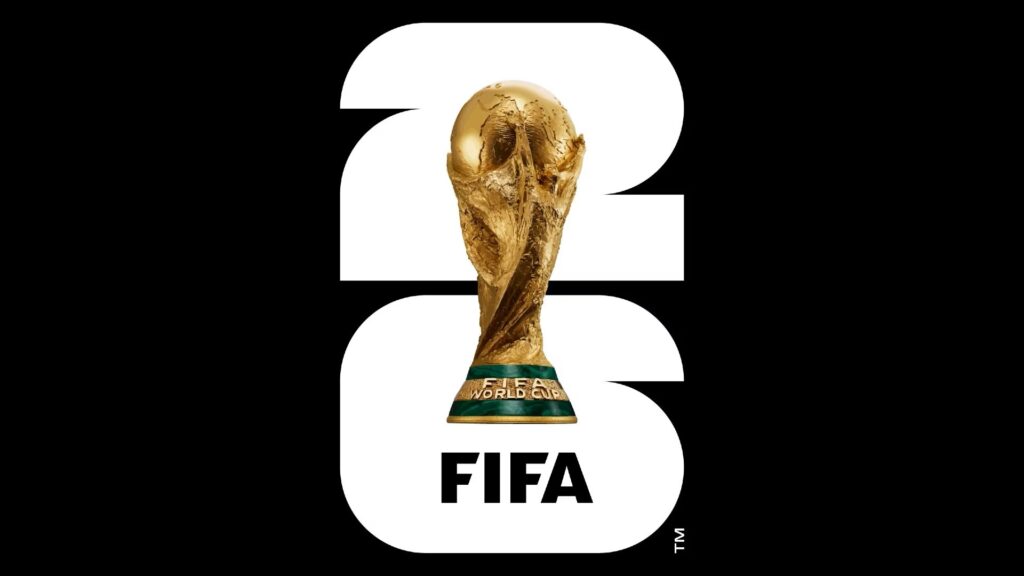
The YouGov poll, commissioned by Amnesty International and involving 17,477 participants from 15 countries, reveals that 53% of respondents believe that human rights considerations are crucial in choosing the host for major sporting events like the World Cup. The figure rises to 60% among respondents from the UK.
Saudi Arabia, along with Greece and Egypt, has been linked to a joint bid for hosting the 2030 or 2034 World Cup. Additionally, Saudi Arabia has already been selected as the host for the Club World Cup in December. The final decision on the 2030 host will be made by representatives of over 200 national associations at a FIFA Congress next year.
While human rights criteria were integrated into the bidding process for the 2026 tournament, awarded to the United States, Canada, and Mexico, organizations like Amnesty and Kick It Out express concerns that human rights are not given enough importance in future decision-making processes.
According to the poll, human rights ranked as the second most important consideration for tournament hosts, following safety and security, with 57% of respondents selecting it. In seven of the surveyed countries, human rights emerged as the top consideration, with Switzerland leading at 68%, given that FIFA is headquartered there.
The survey results reveal that human rights are valued more than “commercial revenues for sports bodies,” with only 13% of participants considering the latter a key factor.
Amnesty International’s head of economic and social justice, Steve Cockburn, emphasized the public’s desire for human rights to be a top priority, ensuring that the World Cup remains a celebration of the sport while avoiding exploitation, repression, or discrimination. Cockburn called on FIFA to rigorously apply the highest human rights standards during the evaluation of host bids, demanding clear human rights action plans and rejecting any bid that fails to demonstrate credible prevention, independent monitoring, and remediation of human rights risks.
Andrea Florence, the director of the Sports and Rights Alliance, highlighted the progress made by FIFA in recognizing its human rights responsibilities since 2017. However, Florence emphasized the need for systematic application of human rights assessments and considerations in the awarding of FIFA tournaments. It is crucial for FIFA to prioritize human rights when selecting the host for the 2030 Men’s World Cup, demonstrating their commitment to their own policies and statutes.
